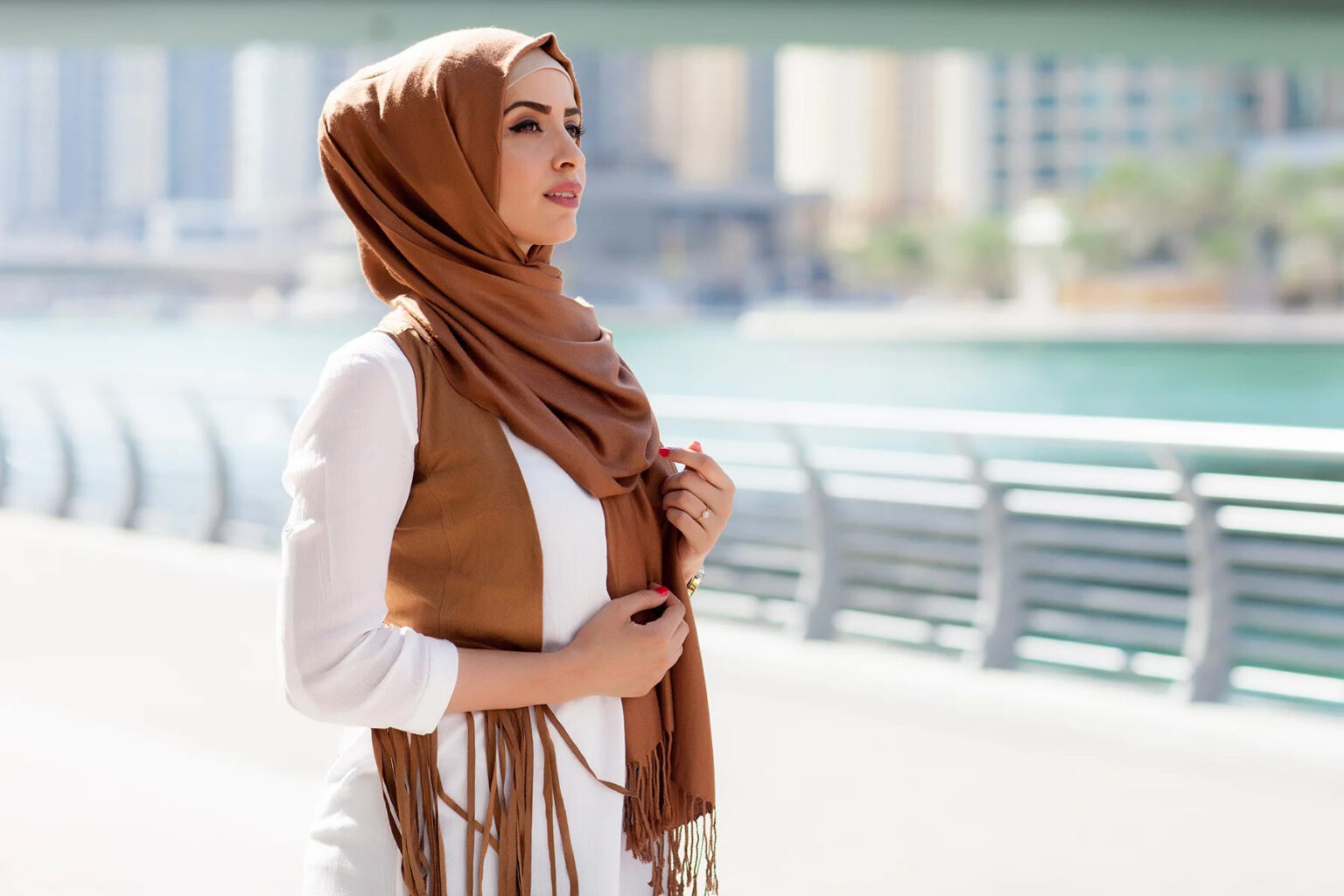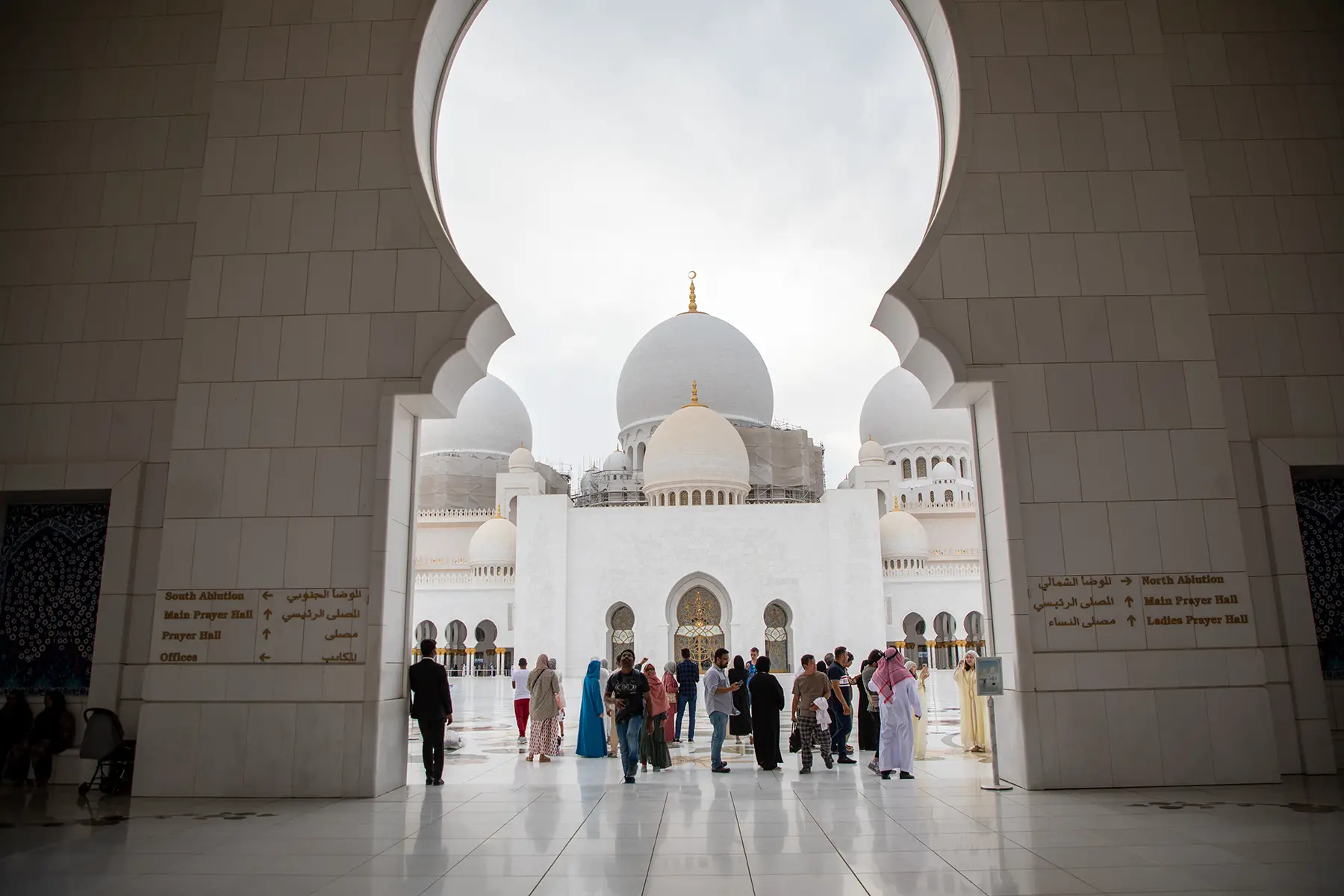A country of contradictions, where you might see abayas and bikinis or mosques and Irish pubs alongside each other, the United Arab Emirates is unique, to say the least. Although emirates like Abu Dhabi and Dubai are expat havens, the UAE remains a Muslim country and women’s rights in the United Arab Emirates conform to Islamic law. As such, it is crucial for expat women to do their research to understand what rights they have – and what rights they don’t have.
This helpful guide will review gender rights in the UAE and provide important information about your rights and responsibilities. It includes the following sections:
- Women’s rights and gender equality in the UAE
- Attitudes towards women in the United Arab Emirates
- Laws and harmful practices in the United Arab Emirates
- Women’s political rights in the United Arab Emirates
- Economic rights of women in the United Arab Emirates
- Women’s health and reproductive rights in the UAE
- Educational rights of women in the United Arab Emirates
- Women’s freedom from violence in the United Arab Emirates
- Family and divorce laws in the United Arab Emirates
- Breastfeeding laws in the United Arab Emirates
- Feminism in the United Arab Emirates
- Women’s rights organizations in the United Arab Emirates
Ground News
Get every side of the story with Ground News, the biggest source for breaking news around the world. This news aggregator lets you compare reporting on the same stories. Use data-driven media bias ratings to uncover political leanings and get the full picture. Stay informed on stories that matter with Ground News.
Women’s rights and gender equality in the UAE
Women’s rights in the UAE are often contradictory. The country takes the first position of gender equality in the Gulf, however, it is 49th in the world. It remains a highly traditional culture, even alongside the glitz and glamour of being an expat hub. The country has signed onto, or ratified, progressive international treaties on protecting women, but doesn’t often have the structures to implement changes.
Women have the same constitutional rights as men but remain completely unprotected in key areas. Women can vote, drive, own property, work, and get an education – however, some of these require approval from their guardian. Expat women should keep this in mind because, although places like Dubai and Abu Dhabi can feel very much like home, it pays to do your research on the law and your rights.
Attitudes towards women in the United Arab Emirates
The UAE ranks first in the world for treating women with respect. Street harassment is virtually non-existent, and many expats express feeling much safer there than in their own country. Whether you’re walking down the street at 3am or taking a late-night taxi, you might get a few strange looks, but the likelihood of anyone speaking to you – or worse – is incredibly low. You will often hear a narrative of women being ‘protected’ or ‘elevated’, as a form of respect in the Emirates.
Laws and harmful practices in the United Arab Emirates
Legal duality
Keep in mind that, within the UAE, legal requirements exist alongside respect for Islamic law. So, for example, the law states that the age of consent for marriage is 18, however in the Quran, the age of consent for marriage is puberty. Therefore, legally, children under 18 can get married with the approval of a judge. This, coupled with the unspoken nature of child or forced marriages, makes it hard to determine how widespread such practices are.
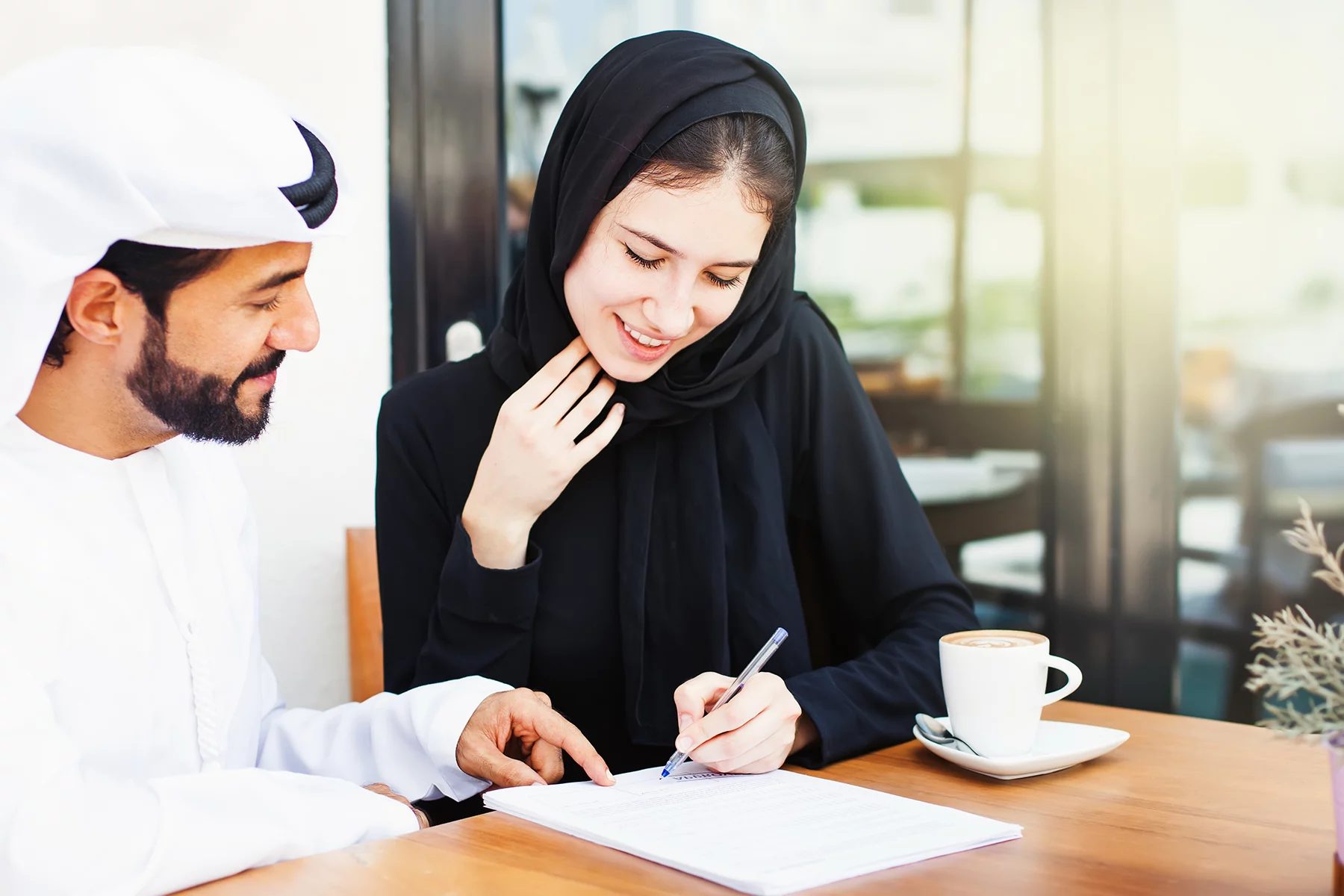
Women over the age of 18 must still get approval from their guardian to marry or travel abroad. In fact, a husband can legally withhold his wife’s passport to stop her from traveling.
Female genital mutilation
Female Genital Mutilation (FGM) is banned in state hospitals and clinics in the UAE; however, there are still some private clinics and rural areas where this happens. There are no numbers on how widespread FGM is, however, a 2011 study found that 34% of participants had undergone some form of FGM.
Women’s political rights in the United Arab Emirates
Voting rights for women in the United Arab Emirates
The UAE is not a democracy, therefore Emiratis do not choose heads of state. Starting in 2006, however, the government began to allow men and women to vote or stand in the Federal National Council (FNC). In the years since, more people have been granted the right to vote and, in 2015, nearly a quarter of a million people took to the ballots. Interestingly, nearly half of the voters were women.
Women in power in the United Arab Emirates
Half of the FNC’s 40 seats are elected by voters while half are appointed by representatives of the various Emirates. In the most recent 2015 elections, 330 candidates ran for office, 20% of whom were women. One woman won and eight others were appointed, bringing the overall percentage of women in the FNC to 20%. For the upcoming 2019 election, the President announced that fully half of the FNC members must be women.
Economic rights of women in the United Arab Emirates
Employment rights
Legally, women in the UAE receive equal pay for equal work. They can freely work in jobs of their choosing, including in the government – but only if they have the consent of their guardian, which is usually their father. In fact, two-thirds of public sector jobs are held by women and women make up approximately 40% of the general workforce.
Pregnant women are guaranteed paid maternity leave, although how long the leave is and whether it’s full or half pay depends on the workplace. There is no official paternal leave.
Women in business
Women in the UAE can freely open businesses and there has been an eagerness to support them in recent years. More and more female-led entrepreneur groups, such as Womena, are driving the conversation about women entrepreneurs in the Emirates. Currently, women-business owners form 10% of the UAE’s private sector and hold 15% of the seats in the boards of chambers of commerce and industry throughout the country.
Financial and property rights
Emirati women are free to purchase property and acquire a mortgage. In fact, a recent study found that 30% of the property in Dubai is owned by women. However, it is important for women to make a will, as Islamic law dictates that inheritance amounts vary depending on the gender of the heir; the percentages are higher for male heirs. So, unless you would like your assets to be similarly distributed, make your wishes known in writing.
Women’s health and reproductive rights in the UAE
Healthcare for women in the UAE is widely accessible. There are plenty of specialized and general hospitals and women can access almost any kind of treatment. In fact, the maternal mortality rate in the UAE – 6 deaths per 100,000 births – is about the same as that of the United States. Abortion is illegal and criminalized, except in very specific instances that are difficult to prove.
Generally speaking, Emirati women are living longer than ever before – however, their lives aren’t always the healthiest. Many Emirati women have high rates of Vitamin D deficiency and obesity, leading to reproductive and other general health complications.
Educational rights of women in the United Arab Emirates
The UAE is a highly literate country, with literacy rates for men and women at around 95%.
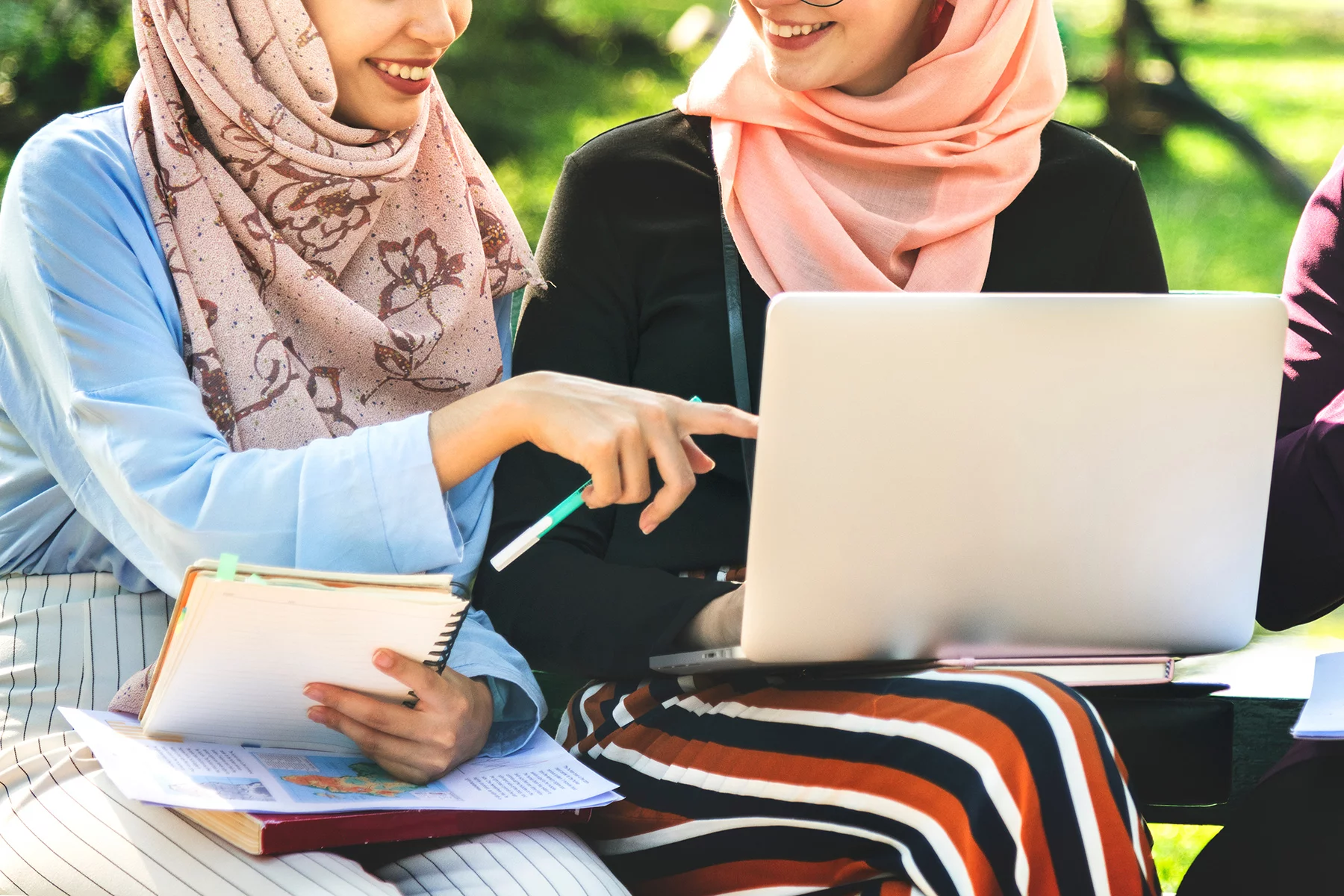
Women can access all levels of education, including primary school and secondary school. In fact, 77% of Emirati women enroll in higher education after secondary school. Women make up 70% of all university graduates.
Women’s freedom from violence in the United Arab Emirates
The UAE has ratified the UN Convention on the Elimination of All Forms of Discrimination Against Women and continues to declare gender equality a top priority. That said, many of the government’s policies do not live up to those ideals.
Rape and domestic violence
Domestic violence is legal in the UAE because Islam allows a husband to chastise or discipline his wife and minor children. Sadly, when women go to the police to report violence the police don’t always take claims seriously, because they are considered a private domestic matter. Wives are obligated to obey their husbands. Rape victims seeking support can be, and have been, charged with illicit sex – which is illegal and criminalized in the UAE. In this respect, women’s rights in the United Arab Emirates fall short of other cultures around the world.
Please keep in mind that even though Emirati law is inspired by Islamic law, it applies to everyone in the country. So, for example, cases of custody and divorce disputes are handled within this context of imbalanced rights. There have also been upsetting instances where women have accused their husbands of assault and the husbands have countered with accusations of slander or profanity – and both parties have been punished. As an expat, be sure to know your rights and, unfortunately, to have an exit strategy in the back of your mind.
Family and divorce laws in the United Arab Emirates
Marriage, family, and divorce laws in the UAE can seem contradictory and confusing. There are some significant imbalances to note in the Emirates. Men, as per Islam, can marry up to four wives if they can support them all equally. Men can also unilaterally and immediately divorce their wives; wives must apply for a court order, which is granted under very narrow grounds.
Women who work without their husband’s consent can be considered to be misbehaving. For expats with children, custody matters are very important to bear in mind. Legally, a wife only has custody until her children are 13 (for girls) and 11 (for boys); if a husband and wife divorce, expat or local, a husband can insist on full custody after those ages.
Although figures on forced marriages do not exist, families commonly arrange marriages in the UAE. In addition, a woman’s male guardian must approve of a marriage before it can take place.
Breastfeeding laws in the United Arab Emirates
Breastfeeding is mandatory for the first 18 months of a child’s life and the UAE is encouraging the practice widely.
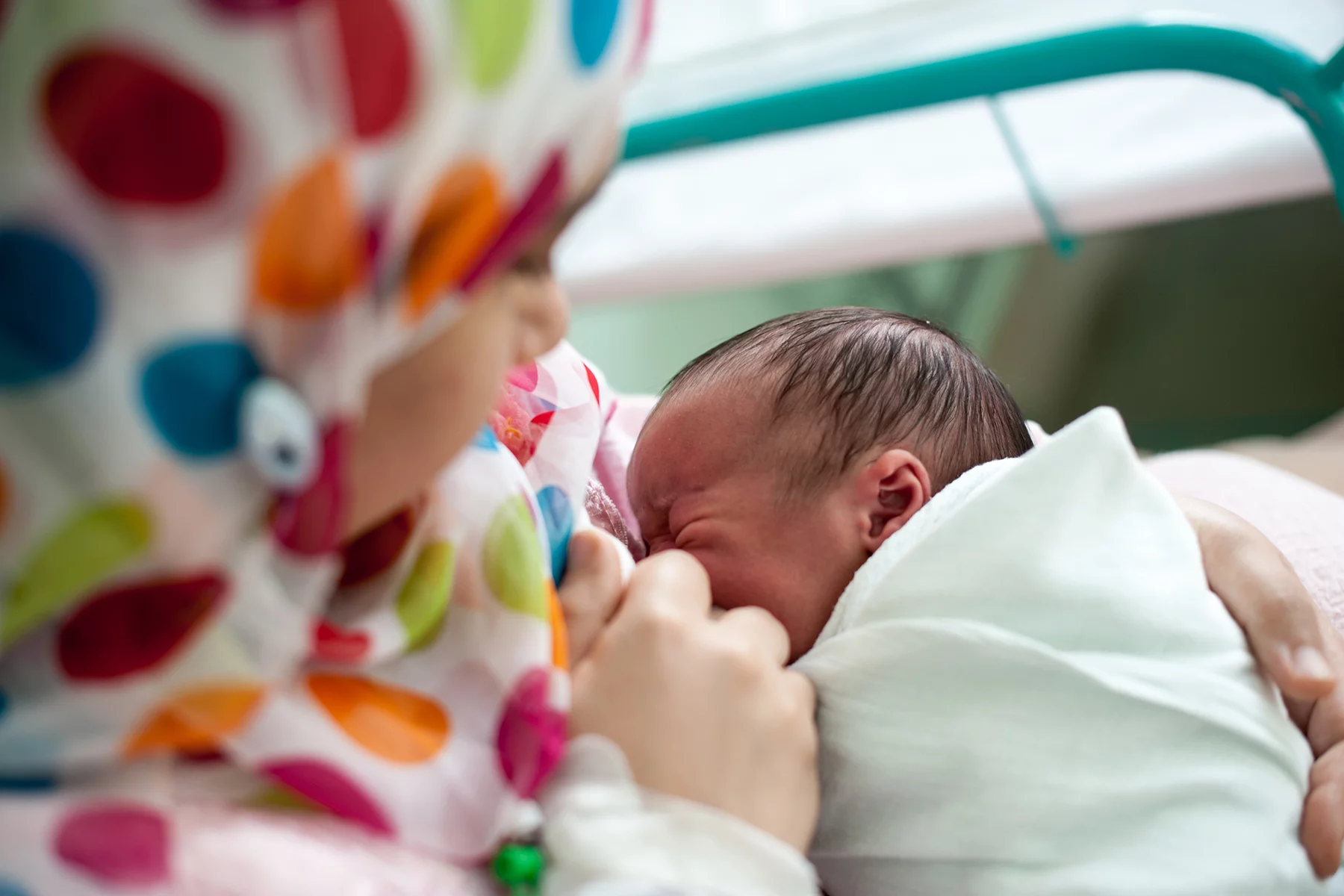
Returning mothers can take two nursing breaks throughout the day; importantly, most malls and public spaces provide feeding rooms or private areas to nurse.
Feminism in the United Arab Emirates
Although the UAE remains a highly patriarchal country, women’s empowerment is a popular idea. The government continues to point out female success stories and the important role of women in the nation-building process. Emirati women are defining and redefining their ideas and relationship towards feminism.
Women’s rights organizations in the United Arab Emirates
There are no independent organizations with a focus on women’s rights within the UAE. The Dubai Foundation for Women and Children is a government-run shelter which protects victims of domestic abuse and offers safe homes and rehabilitative services.
